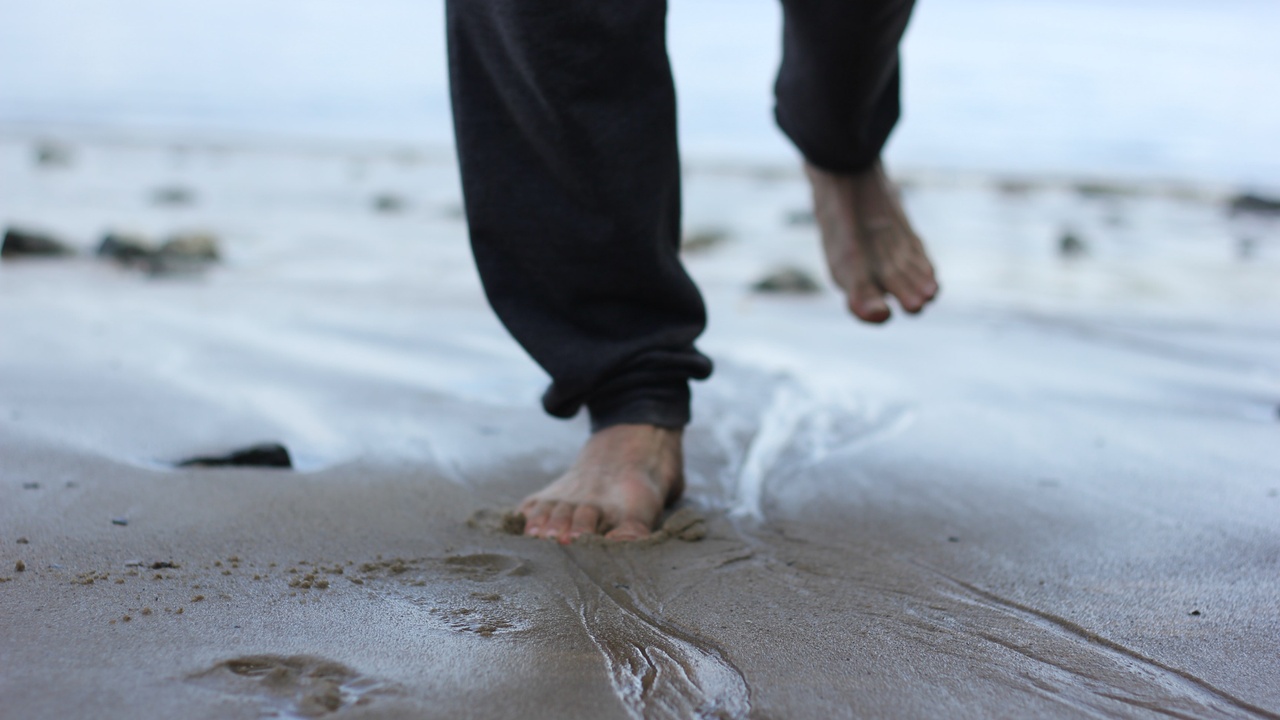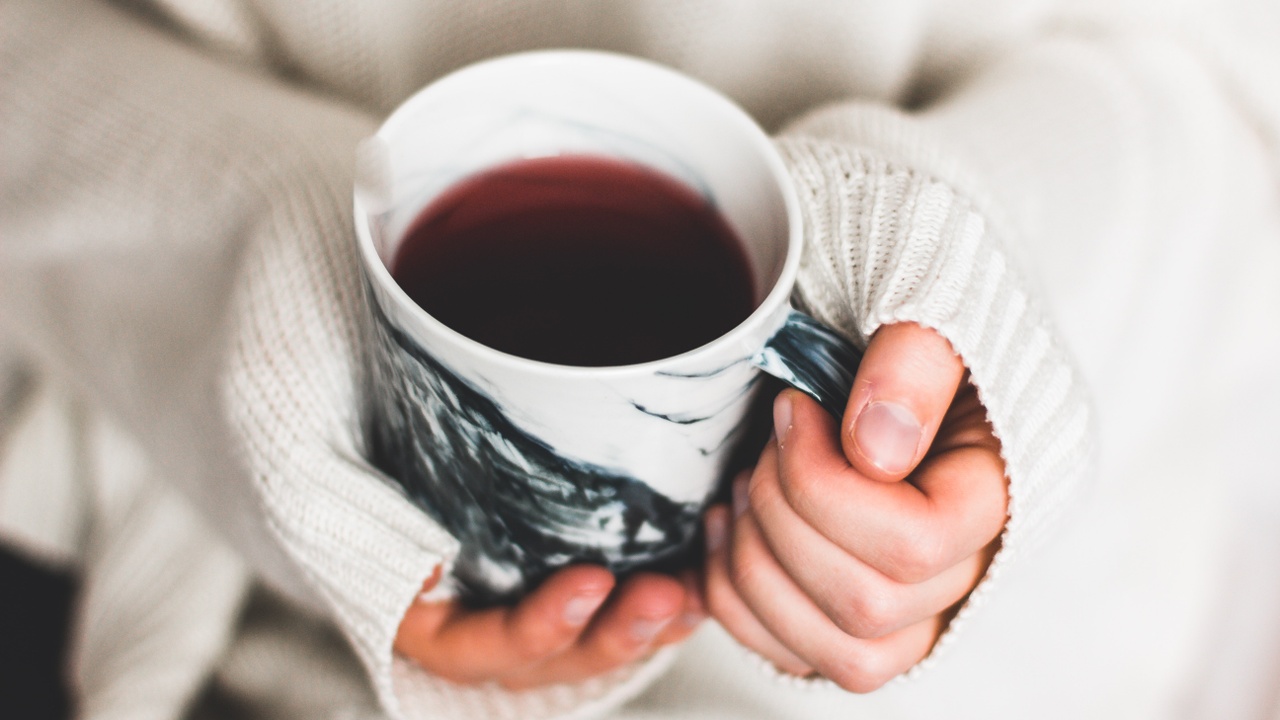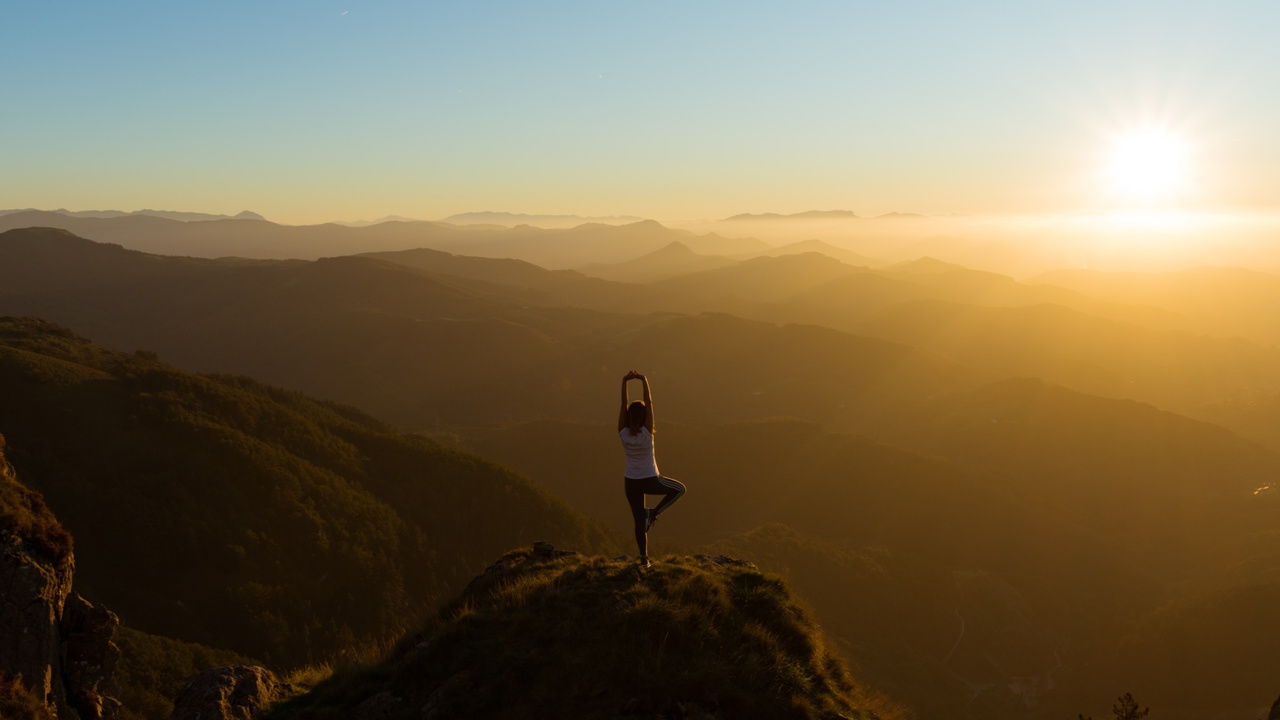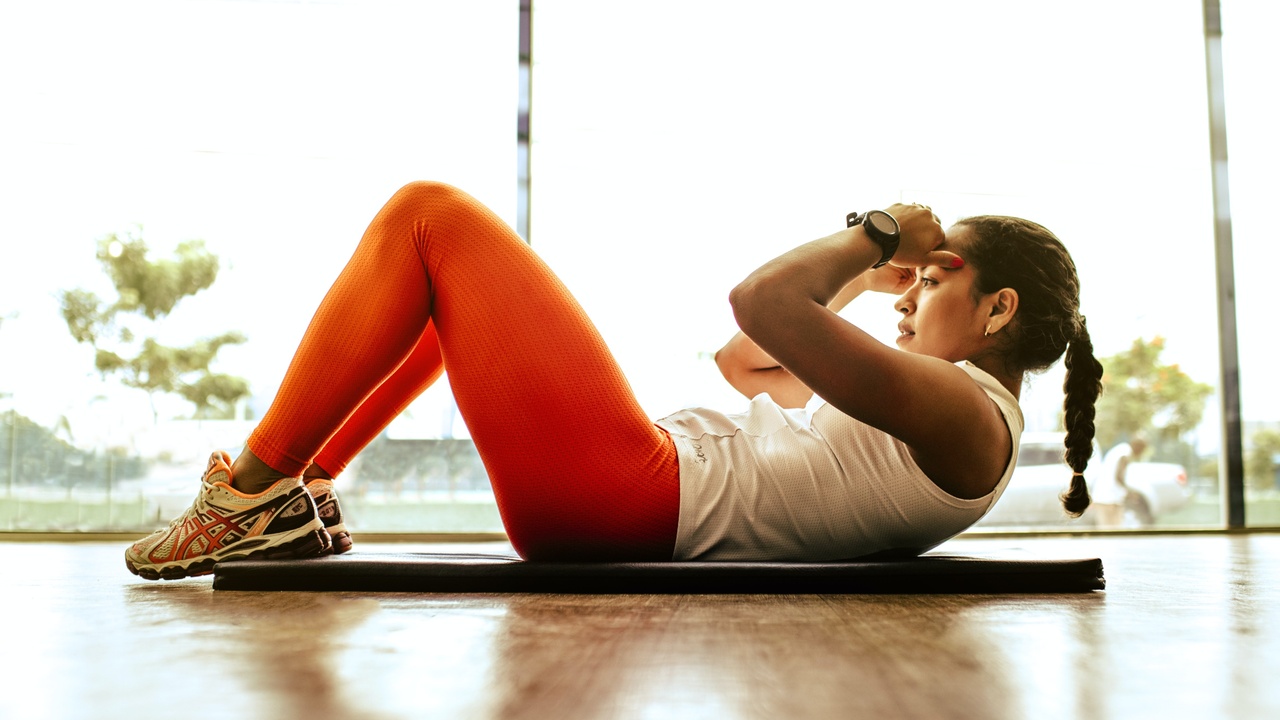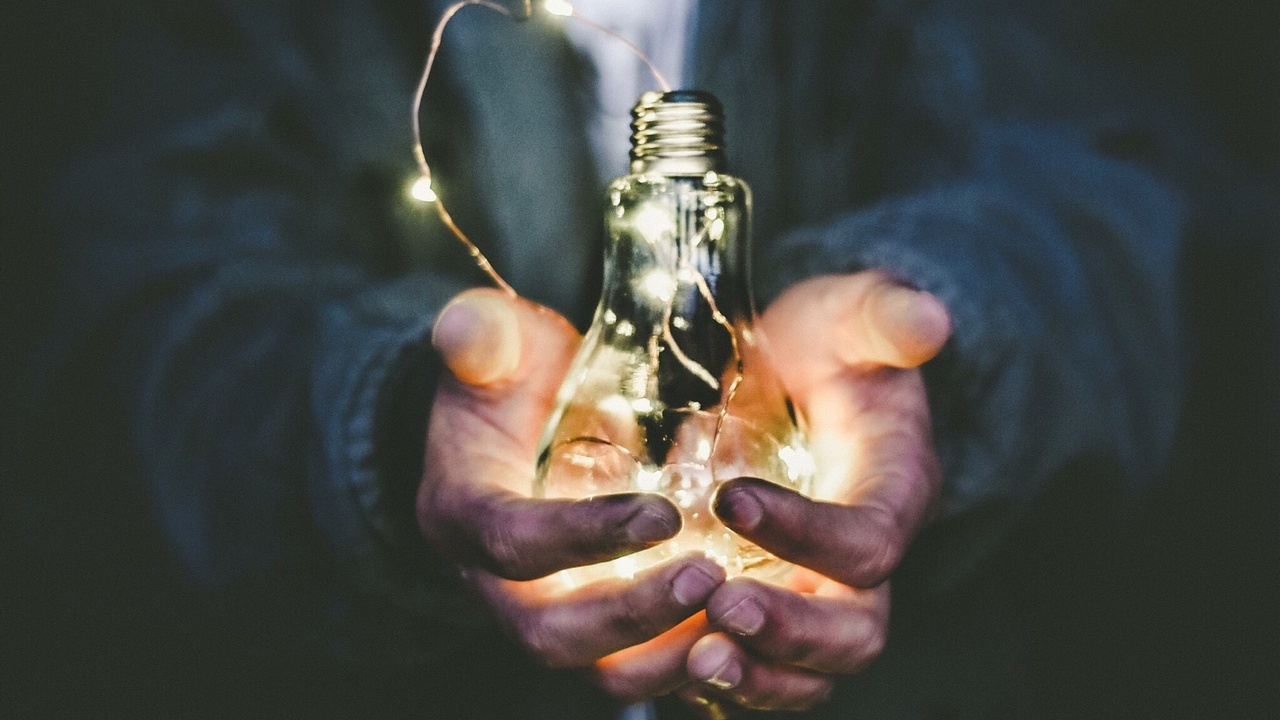It's easy to lose our sense of satisfaction and need-over-want at this festive time, but finding ways to stay connected can make the whole shebang leave a better taste in our mouths in the aftermath...
So the big question is, can we retain a sense of 'enough already' in the face of excess? The lead up to the main event is a good time to step back, take stock and see how Christmas is permeating our lives and our expectations.
Are you dizzy as a child at the thought of Santa’s touchdown or feeling the heavy burden of endless present-buying or relatives descending? Personally, I tend to feel quite different each year… BC (Before Child) I used to be able to get full-on festive one year and then positively ignore its existence the next, just enjoying some holiday time without the razzamatazz.
Now I’m swept up in the childhood vision of it all, it’s a time to experience with my daughter what I wish it to be; not about buying and getting yet more stuff, but about giving, sharing, joy, ligh...
Running without shoes or in shoes that allow us to feel the ground is part of a primal movement trend, where greater anthropological understanding has created a shift across many exercise systems. This return to physical activity that honours our inherent design has taken up a more natural approach to our bodies by many, but what is thinking and research behind it?
“Shoes do no more for the foot than a hat does for the brain.” - Dr. Mercer Rang, orthopaedic surgeon and researcher in paediatric development.
This subject came into public awareness in a big way following the release of Born to Run: The Hidden Tribe, the Ultra-Runners, and the Greatest Race the World Has Never Seen (Profile Books 2010), the best-selling book from journalist Christopher McDougall, who after years of repeated running injury, successfully changed his running style to model that of the reclusive Tarahuma Indian Tribe in the Mexican Copper Canyons. They run over 100 miles at a time, at incredible speeds, with...
Happy, regulated mood is where life can feel most calm, easy and enjoyable. Yet many often feel in the grip of a rollercoaster rise of emotions, inner criticism, worry and self-doubt. These can include periods of low mood that can make existing daily feel extremely difficult and even downright exhausting.
Whether this falls into a label of ‘depression’ or not, from a holistic point of view, there are some key potential underlying causes that may offer potential change in how we view ourselves and the world. Attending to the self-care we need to be able to cope and find a more positive outlook can in turn allow us to participate in activities that we know elevate our mood. Humans have a naturally raise in mood and motivation via the reward neurotransmitter dopamine when we do anything that propagates survival of the species; eat, drink and exercise, but as pack animals, also through group bonding and cooperation, so group activities, sports, talking, eating together and touch all help ...
Winter in the 21st century can seem all about preparations for Christmas - shopping, decorations and TV, but inside, it’s all systems on heat and protection as we move into the coldest months of the year.
How can we ensure we keep strong through these months, instead of crippling our resources when we need them most?
It is always good to remember that Christmas for our fore-mothers and fore-fathers was always a time to see in the winter and prepare for the colder months to come. A huge difference between then and now is the availability of the food itself.
When we relied on what the land gave us – or later what we grew and raised – every calorie was precious, especially those from fat, the best compact source of energy to see you through the winter.
Now calories are all too abundant and living in centrally heated homes, we have removed the need to produce as much body heat from fat.
The motivation of a feast at the height of winter no longer fits with the way we live. Frenzied con...
With so much emphasis on what to eat, the how can get rather left behind, but the full process of digestion – breaking down and absorbing food – demands as much calm and mindfulness as any aspect of our yoga practice. When this is compromised, partially digested food in the gut can cause gas, bloating and contribute to IBS symptoms.
Time, stress and habit often see us bolting food or eating on the go without much thought. Optimal digestion needs energy resources fully directed to the gut and any movement quickly reroutes it out to the muscle; including just standing and using postural muscles. Stress also sends a signal to prepare for protective physical movement and again, muscle wins out. We feel a tense body, often including gripping and tightness in the belly as digestive processes are halted. Our digestive tract has nervous system activity of its own and you really can trust ‘gut feelings’ as a measure of stress.
It is the parasympathetic or calming and meditative tone of the ne...
Our energy and vitality are bound up in optimal function of a small, but important gland in our throat. Whether you have been diagnosed with a specific thyroid condition or simply feel sluggish and have difficulty losing weight, supporting the health of your thyroid may help improve how you feel.
Our energy levels are profoundly linked to our mental health and those with thyroid issues often reported that it feels like “life is passing them by.” From an Eastern perspective, the thyroid is associated with the throat chakra (energy wheel). Yogis believe this area represents expression and an energetic blockage here may have its roots in fear, inability of self-expression and frustration. Exercise is shown to support thyroid function, but ironically when it is under-functioning, motivation to move can be lost.
The thyroid gland is a butterfly shaped organ in the neck that produces thyroid hormones that travel to cells throughout the body. One of its major jobs is to regulate metabolism;...
We are not designed to be sedentary....
Exercise is fundamental for our immune systems, regulation of cholesterol, blood pressure, heart function, mental function, management of stress hormones etc.
The “etc” here really does mean everything that your body does and its regulation of all functions. It is constantly trying to get you back to a resting state where everything is within “normal” parameters, like blood pressure, blood sugar levels, female hormones, the pH (slightly alkaline) of your blood.
It is when it finds difficulty reaching this point of homeostasis (staying the same) that the real problems occur and when symptoms begin to show; for instance an inability to cope with stress often shows up in symptoms like irritability, insomnia, energy slumps, loss of concentration and depression.
You can see here that the body is struggling to get back to a balanced functioning state. It will also be using up lots of nutrients and may be damaged by elevated levels of stress hormone...
First published in What Doctor's Don't Tell You Magazine.
We all know the knock-on effects of a bad night’s sleep, but when insomnia becomes chronic it can affect our whole being and ability to function. The daytime fatigue it creates can send us reaching for sugar and stimulants, which in turn affect sleep.
Insomnia falls into two categories; difficulty falling asleep and waking in the night. It tends to be divided into primary insomnia, where sleeplessness is the main symptom and secondary, where sleep is affected by another condition e.g. arthritis, fibromyalgia and depression. From a holistic and psychoneuroimmunological (PNI) perspective - where our bodies work as one completely integrated system – the calming and soothing mechanisms that allow sleep have such far reaching effects on lowering inflammation, modulating immunity and regulating mood and motivation, that promoting sleep quality is a foundation of health; not just the absence of disease, but quality of life.
Even yog...
Quality over Quantity
It is possible that you can spend nearly two-thirds of your life asleep yet many people place less importance on this time than their waking hours. Easy to do, after all we are unconscious, yet the quality of this time has great influence over the quality of our waking hours.
 Sleep is all about recovery – physical, emotional and energetic. In order to function fully whilst waking, we rely on the immune facilities, detoxification, tissue and muscle healing and emotional processing that occur during the wee small hours. If this downtime isn’t respected, we may quickly see symptoms like fatigue, irritability, poor concentration and poor recovery from stress, injury and skin complaints.
Sleep is all about recovery – physical, emotional and energetic. In order to function fully whilst waking, we rely on the immune facilities, detoxification, tissue and muscle healing and emotional processing that occur during the wee small hours. If this downtime isn’t respected, we may quickly see symptoms like fatigue, irritability, poor concentration and poor recovery from stress, injury and skin complaints.
Lack of sleep, even at a small accumulative level can lead to craving sugar and stimulants as our bodies try to fuel up in the face of less vitally built-up energy. Indeed too little sleep has been associated with incremental weight gain through increased appetite for this very reas...
Our Most Natural Movement
Walking is the best way to improve lower body, reproductive and digestive circulation; in fact any activity that moves the whole body around is beneficial, although cycling can restrict the pelvic area. Physiologically we are designed to walk to get the whole circulation moving and it should be regular, in short doses throughout the day. The lymphatic system does not have a pump like the bloodstream and the heart, and relies on your movement, which is therefore an important part of supporting your immune system. The naturopath Marion Kirkham states “It is the avoidance of being sedentary which is vital; so those who sit at their desks, then lie on their sofa and then go to the gym several times a week are not helping their circulation. This is inconsistent and unnatural.”
The US Surgeon General has recently recommended 10,000 steps per day and it is widely recognised that a minimum of 2 miles a day will keep your circulatory system in working order. If a per...
We humans have an interesting relationship with energy. We can expect so much of our resources, often underplaying the recovery time we really need and viewing ‘good energy’ simply as the ability to keep going, no matter what... which is akin to expecting your smartphone to keep working without recharging the battery.
In reality, energy that we can rely on and that remains generally stable throughout the day only occurs when we factor downtime and breaks into our daily lives - when we truly connect in to when we are doing too much and need to back off. This can apply to any aspect of our lives; work, play, exercise and anything else.
Energy is finite and shared around the body; when it is needed for digestion or immunity for instance, our want to move around becomes reduced - energy available to our muscle is needed elsewhere and we go into recovery mode.
The truth is energy needs to ebb and flow. We need to allow natural down-times to be able to pick up again and not fall prey to s...
We humans are built to move continually, but our movement patterns can often add into rather than relieve our 21st century stress states. Our one response to stress – ‘fight, flight or freeze’ – has our whole bodies preparing for a tense, physical reaction, but sedentary habits often leave us stewing in our stress hormones and trapped in ‘constant alert’ with no outlet. The result can be tight muscles, jaw and face, often seen in neck and back issues, as well as headaches, anxiety and insomnia.
The trouble is that many of us have work lives that demand we sit for long periods of time, relegating exercise to defined pockets of time. But our bodies are not designed to be inactive; even if you are notching up the exercise hours, if you are sitting on your behind for more than two hours at a time, you are sending signals to body systems that you are essentially sedentary, causing metabolism and energy regulation to slow down accordingly. Staying in one rigid position for any period of tim...


